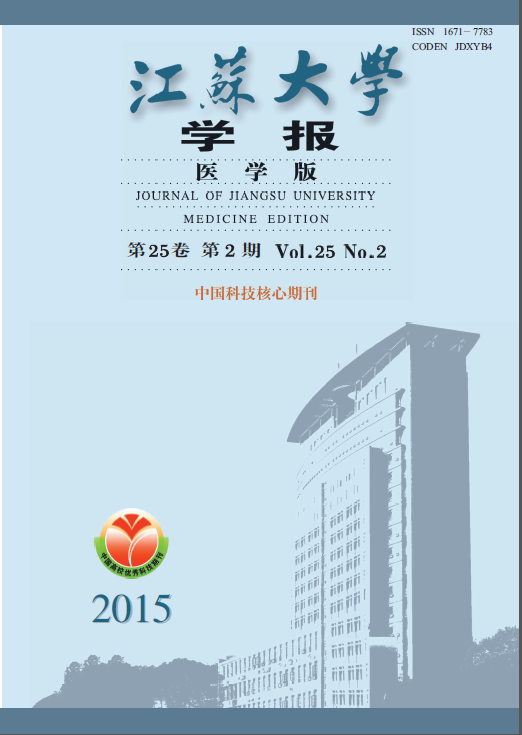● Article
ZHANG Yi-jun1, CUI Da-peng2, WU Xue-liang3, LI Kun4, WANG Li-kun5, XIN Guo-feng1, LU Yu6, LI Qing6
2015, 25(02): 142-145.
Objective: To explore the expression of Ki67 and MMP9 before and after the neoadjuvant chemotherapy (NCT) in breast cancer and the relationship between the changes in biological marker expression and response to neoadjuvant chemotherapy. Methods: One hundred and thirty patients with stage Ⅲ invasive breast cancer were selected in the study. All patients received 6 cycles NCT, docetaxel, epirubicin, and cyclophosphamide, and the efficacy were evaluated. The expression of Ki67 and MMP9 in the tissues before NCT and after operation were examined by immunohistochemistry. Results: ① The response of NCT in breast cancer patients: 26 patients (20.97%) showed clinical complete response; 66 patients (53.23%) showed partial response; 28 patients (22.58%) showed stable disease; 4 patients (3.22%) showed progressive disease;the clinical efficiency was 74.19% (92/124), the clinical benefit rate was 96.77% (120/124); there were 24 patients (19.35%) got pathological complete response;② Compared the efficiency of NCT in breast cancer between the patients with Ki67 positive(72 cases) and those with Ki67 negative(52 cases) before and after operation, the difference showed statistically significant(χ2=6.368, P=0.012); compared the efficiency of NCT in breast cancer between the patients with MMP9 positive(80 cases)and those with MMP9 negative(44 cases) before and after operation, the difference showed statistical significance(χ2=4.062, P=0.044); ③ After NCT, the Ki67 index and the MMP9 expression levels were significantly decreased (t=3.136, P=0.003; χ2=8.911, P=0.030). Conclusion: After NCT, expressions of Ki67 and MMP9 were greatly reduced, which might be used as the biological factor for predicting the efficacy of NCT in breast cancer.
